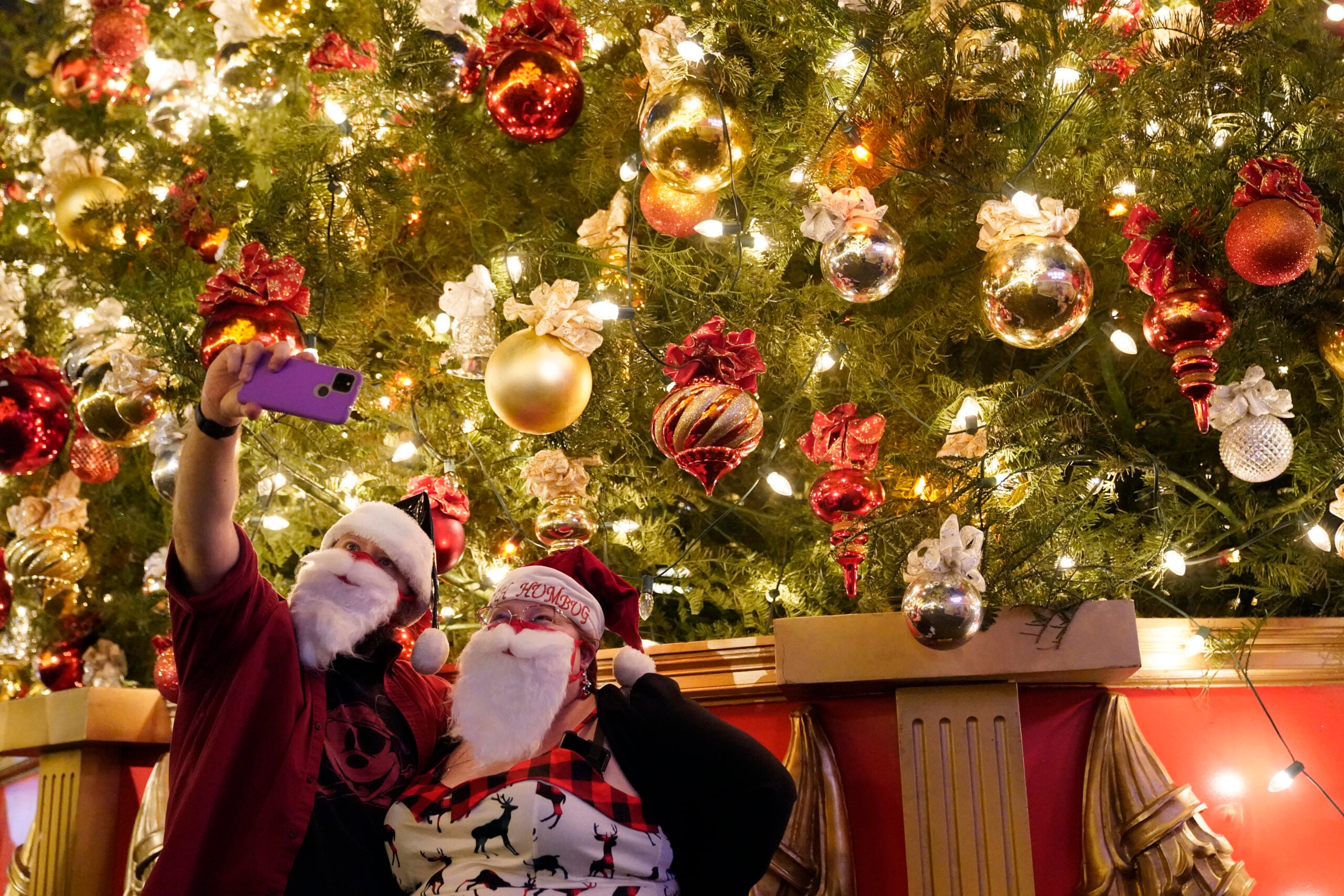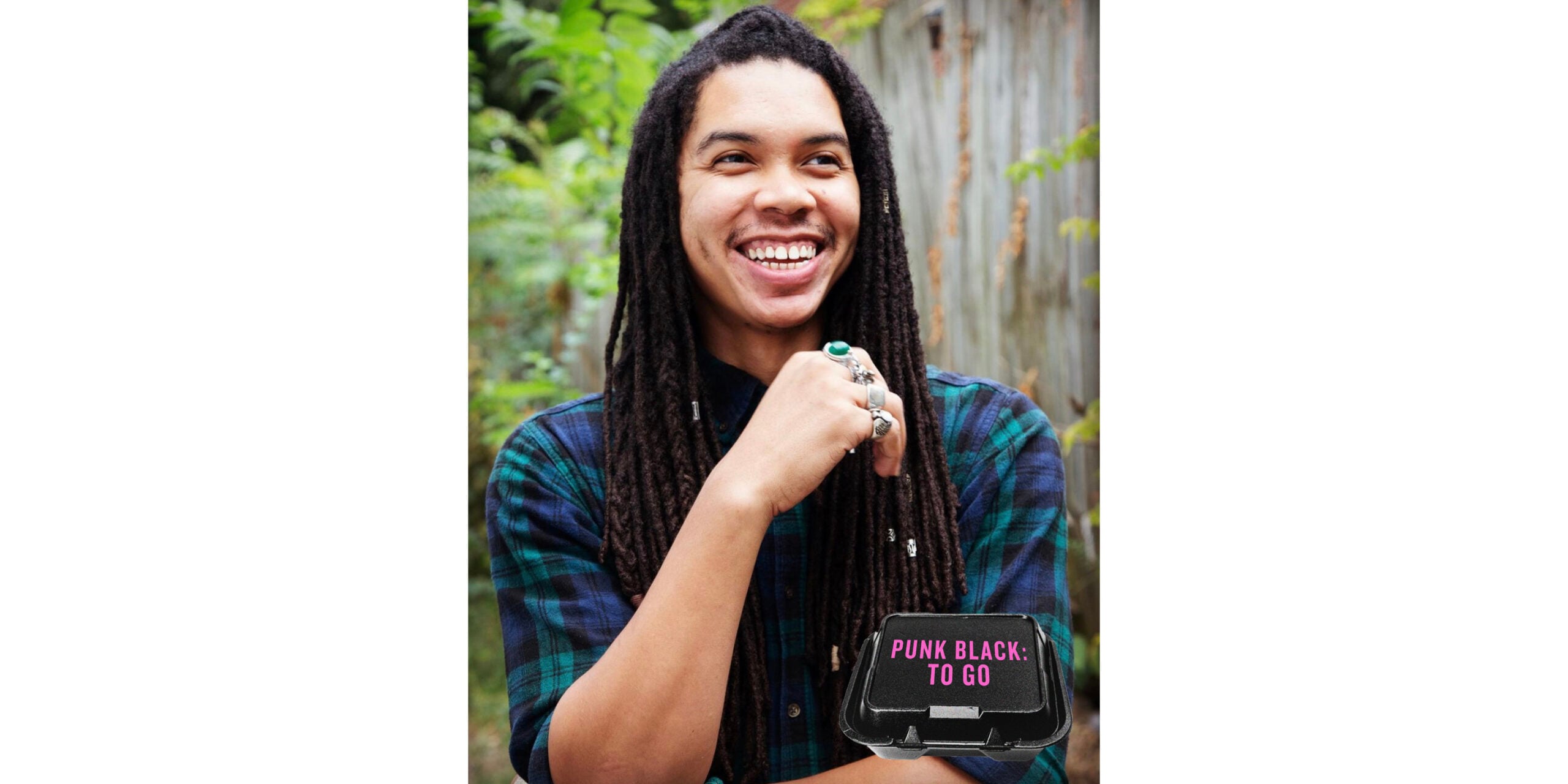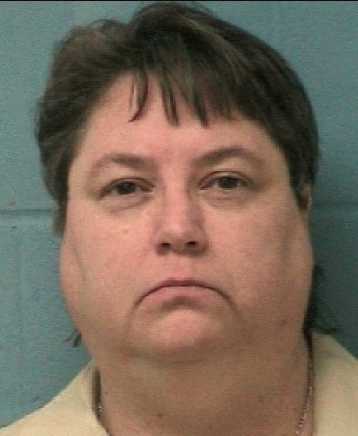A Look Inside Atlanta United Fan Culture, As The Team Looks To Defend Its Title
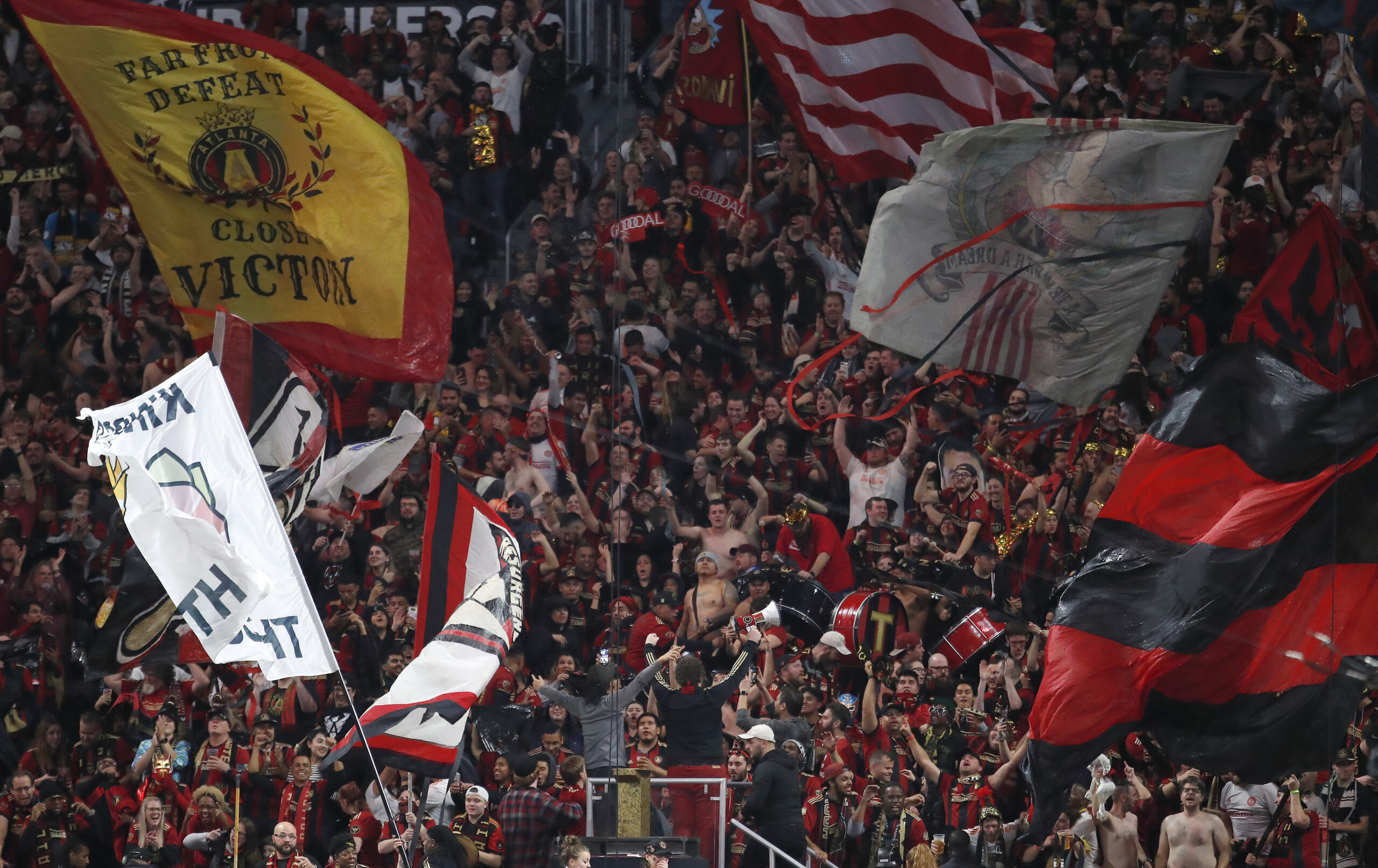
Atlanta United fans celebrate during the second half of the MLS Cup championship soccer game against the Portland Timbers Saturday, Dec. 8, 2018, in Atlanta. Atlanta won 2-0.(AP Photo/Todd Kirkland)
A championship season is a hard act to follow.
For the first time in more than two decades, that’s the challenge that awaits a professional sports team in Atlanta. Defending the MLS Cup is not the only thing that makes this season different for Atlanta United.
There’s also a new coach at the helm, new players replacing standouts and a new uniform to sport.
However, if there’s one constant this club can rely on it’s the enthusiasm from the stands that’s sure to radiate throughout Mercedes-Benz Stadium come game day.
The club, like others in the league and soccer teams across the globe, has fans so devoted that they’ve divided themselves into “Supporter Groups.”
The four official groups recognized by the organization itself — Terminus Legion, Resurgence, Footie Mob and The Faction — each have a personality of their own.
And while much of the fandom can be found in The Gulch before the game or supporter section during regulation play, members of the supporter groups are spread out far and wide throughout the stadium, city and beyond.
“The Supporter Section is the heartbeat of the stadium, where the ATL is brought to life by its most passionate fans,” according to the club’s website. “Together, we strive to create the loudest, most creative, most passionate and stunning, gritty yet flashy sporting experience in North American soccer.”
Terminus Legion
Atlanta has only had a MLS team for a couple of years, but before that, there were pockets of soccer fans throughout the city: people who had grown up playing the sport or had become fans watching the national teams or World Cup.
But even then, there were folks who saw Atlanta’s potential as a soccer town. Matt Stigall, known for handing out “ATL wants MLS” garb around town, was perhaps chief among them.
When that slogan became reality with the announcement of the team in 2014, Atlanta United’s first supporter group was formed: Terminus Legion.
They were there on day one. And last season, they were about 800 strong. In each of the groups, members pay an annual fee and that gets them access to things like weekly newsletters, private social media pages and other communication. But more than that: it brings a sense of community.
“Terminus Legion, I feel, is really great at catering to all people no matter what your preference is, your lifestyle, whatever the case may be,” Michael Collier, a member of the group, said.
“It’s good for all ages,” he said, noting with a laugh that his even his mom enjoys the group’s tailgates. “We really try to be just a fun, inviting atmosphere for all people to come into.”
Collier, like others in the group, has been committed to the Five Stripes since they were playing at Bobby Dodd before Mercedes-Benz Stadium was completed.
At one of those early games, Collier remembers mentioning he plays trombone. Someone suggested he bring it to a match, and his role as as an official chant leader (capo, in soccer speak) was cemented.
Now, for the first 15 minutes of each half of home games, Collier stands before a packed supporter section and leads chants. Members of the other supporter groups take turns in 15-minute increments each half.
Hyping up more than 70,000 people? It’s “surprisingly taxing,” Collier said.
But, he also said it’s been surreal at times to see how support has grown for the team so quickly.
“Sometimes I have to take it all in,” he said. “It’s one of the most amazing things I’ve ever experienced in my life. Like in 2017, when we scored that first goal versus New York Red Bulls at Bobby Dodd I was on the stand so I didn’t get to see the actual goal happen, but …
I got to see the entire stadium just light up when that first goal went in and that was one of the most amazing things I’ve ever experienced.
Lisa Wilder, who has only missed two games since the team was established, echoed how “amazing” it has been to see the team’s fan base take off.
She admitted she was skeptical at first about how the team would be received here, but she credits the supporter groups with leading the charge.
“In Terminus Legion it is a mixture, you have a little bit of all of them, you have rowdy, you have culture, you have the family it’s a melting pot of all of them,” she said.
Resurgence
For a while, Terminus Legion was the only game in town.
But in 2015, a group of friends sitting around a table at Brewhouse Café — the Little Five Points watering hole frequented by soccer fans — began to wonder if there was space for more, Paul Foster recalled. They would go on to form Resurgence.
He and others were members of the local chapter of the American Outlaws, a supporter group for the United States National Soccer Team.
“We knew there was room in the soccer landscape for groups with different mindsets,” Foster said.
And it turned out to be true, according to Foster the group ended last season with about 1,000 members.
“Resurgence started because we wanted to be a little different in terms of being hyper localized,” he said. “Those of us who started all of this in the city, we wanted to start a group that was focused on Atlanta United and Atlanta United only.”
Resurgence is rowdy. And proudly so.
Or as Foster puts it, their goal is to focus solely on the 90 minutes of play inside the stadium.
That means: huge flags, throwing beers after goals, and buying $7,000 worth of streamers and confetti to throw around the supporter section during the championship game.
Andrea Morris said being in Resurgence is really all about having a good time and being “rowdy and proud for the Five Stripes.”
“Everything we do is to bring the best possible experience to Mercedes-Benz for Atlanta United because in soccer, unlike other sports, supporter culture is very much a thing,” she said.
Part of that, means creating the tifos the support section has become known for. Tifo — an Italian word meaning a choreographed display by fans in the stands — are staples of soccer fandom worldwide, but Foster said Resurgence is responsible for bringing them to Atlanta.
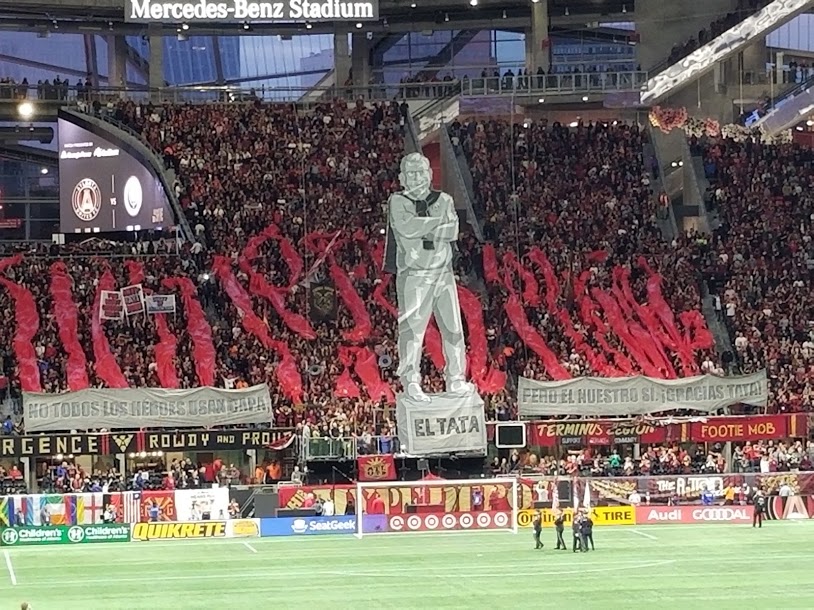
Although now, some of the supporter groups split up the responsibilities — each making three or four per season. The goal has shifted from having a tifo at every game to focusing on quality over quantity, said Morris, who will head up Resurgence’s tifo efforts this year.
From first soliciting ideas from group members to finished product, Morris said the process takes about three months.
That includes sourcing the idea, finding the lightest possible fabric, tracing the design, painting and working with the club to get it into the stadium.
In that regard, Morris said the Atlanta United front office has done everything right. Her, along with other fans, were quick to thank management for the support they’ve shown the fans.
We have monthly meetings and regular communication with our front office because they recognize without the supporters, game day would not be the same.”
“Who is leading the chants? Who is driving the hype and the craziness? It’s the supporters and they acknowledge that in a very cool way,” she said.
In the lead up to raising a tifo, the group works with artists to finalize the designs and rent warehouse space where members may come three-nights a week to help paint, hang out and have some pizza and beer. It’s a labor of love, all in the spirit of raising the bar and putting Atlanta’s soccer club on the map.
Footie Mob
Creating an experience for members of the supporter group he helped start is front of mind for Curtis Jenkins.
Jenkins, who grew up in downtown Atlanta, is one of the founders of Footie Mob. The name is, of course, a nod to the Atlanta hip-hop group “Goodie Mob” and the game is an Atlanta culture-centric fan experience.
“When we started we wanted to make sure that Atlanta was represented,” he said. “When you came here you knew you weren’t just at a corporate sports event, you were at a game in Atlanta. You came to the city, you came to the game here, this was an experience that wasn’t replicated anywhere else.”
He said the idea grew out of a nostalgia for a time when you had to travel somewhere to consume the culture: When you were in LA you consumed LA culture that you couldn’t get elsewhere.
“We try to work with as many local people as possible because they’re a part of the community just like we are,” he said. “Then the tailgates, we try to be very Atlanta forward and sort of an Atlanta party.”
And going into the new season, there’s one party he’s looking to top: celebrating the United’s championship ending.
Jenkins said that whole day was a whirlwind: from showing up at 7 a.m. to meet the crew to set up the tent that was rented in anticipation of rain to looking around and thinking “this is a thing now, this is our new bar.”
“It was a mass of humanity under the tent,” he said. “It’s something you wouldn’t expect to see at any tailgate, let alone a soccer tailgate.”
Jenkins, who rooted on the ’95 Braves to a World Series title as a kid, said he thinks there’s something different about the fan culture around the Atlanta United. Somehow less fleeting.
“This seems so much more sustainable, this seems like a fan base that’s ready to be there,” he said.
He compared leading Footie Mob to heading up a professional sports team: constant communication, managing expectations and making sure people are happy. But he added that he wouldn’t trade any of it: From the first tailgate where there were about 30 people to now being more than 1,400 strong last season.
There’s never a day I’m not thankful for the people who show up because I for a long time thought it would be us and our friends hanging out in the parking lot.”
The Faction
While the supporter groups serve different populations, they are all rooted in those humble beginnings. The humble beginnings for The Faction — the family-focused supporter group — began during the 2015 World Cup.
Mark Knipfer said he and his neighbors gathered to watch the women’s team compete throughout the summer when it became clear: they were already gathering to eat, hang out and enjoy soccer.
“We were sitting around one game and just said: with Atlanta United coming, why don’t we do this? We’re going to do this anyway,” he said.
In addition to passing on their love for the game to their children, Knipfer said he and the other founders wanted to instill principles of volunteerism and community service. And they’ve far surpassed their initial goal of 100 members. Last season, they were hovering around 1,600.
That concept of giving back is at the heart of a lot of the supporter groups: money raised from tailgates often goes to causes throughout the city that grows the game and gives more people access to play.
“We’re trying to grow the knowledge of the game, we’re trying to connect to our neighbors and our friends and make more friends and then if we take that and turn it into something beneficial beyond just the community element,” he said.
“The lasting memory that will persist is what the club has done to bring people together and how many people that is, how many Atlanta United flags you see and what it is has done for youth soccer in the short time it’s been here and what the sport can do as a language and an excuse for us to connect.”
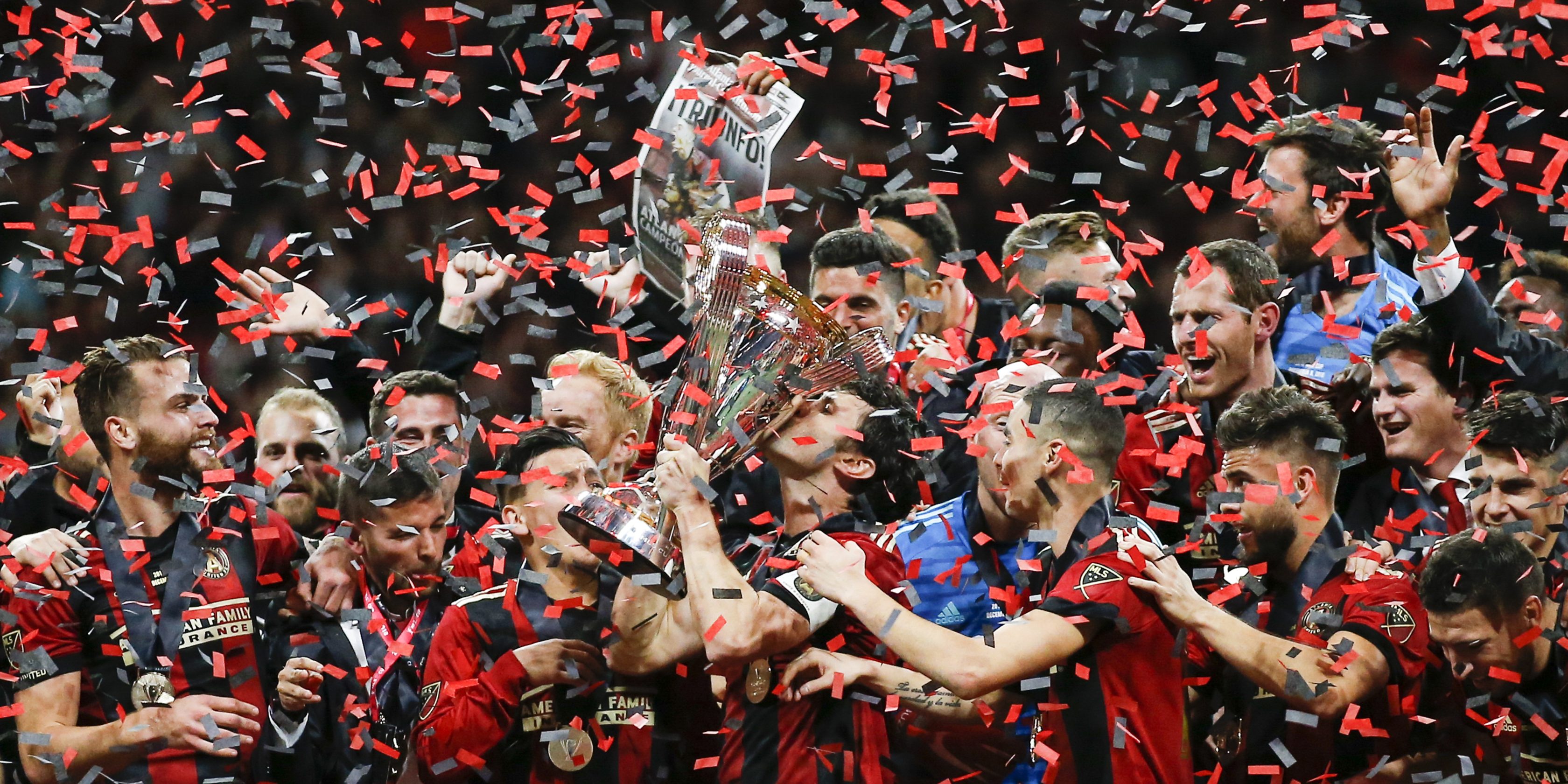
Defending The Cup
It’s only been about three months since the confetti swirled through Mercedes-Benz Stadium, but fans of the Five Stripes are ready to get back at it.
Members of the supporter groups acknowledged they have some small strife amongst themselves, but one thing is clear, inside the stadium, they have a unified goal.
“Once you’re inside the stadium everyone is wearing the same jersey … and you don’t care who is sitting next you when you win. You don’t care who is sitting next to you when we lose,” Footie Mob’s Jenkins said. “What seems like a separate thing outside is actually one, cohesive thing, that we all work pretty well together. It’s like brothers and sisters, you have your little spats but it’s all small potatoes and it’s all very minor in the grand scheme of things.”
That sense of shared community is at the heart of what drives people to these groups. As Wilder, who belongs to multiple fan groups, put it: “They provide a place where you actually get to know the person you’re celebrating with.”
“Now I know people all over the stadium from these supporter groups,” she said.
And it extends beyond the stadium, Resurgence’s Morris said.
“Atlanta United has the ability, and did it last year, to bring the entire city together it doesn’t matter your walk of life,” she said.
Even though it’s the players on the field who brought the city a championship, the thousands of supporters in the stands played a part. And they’re ready to repeat.



















